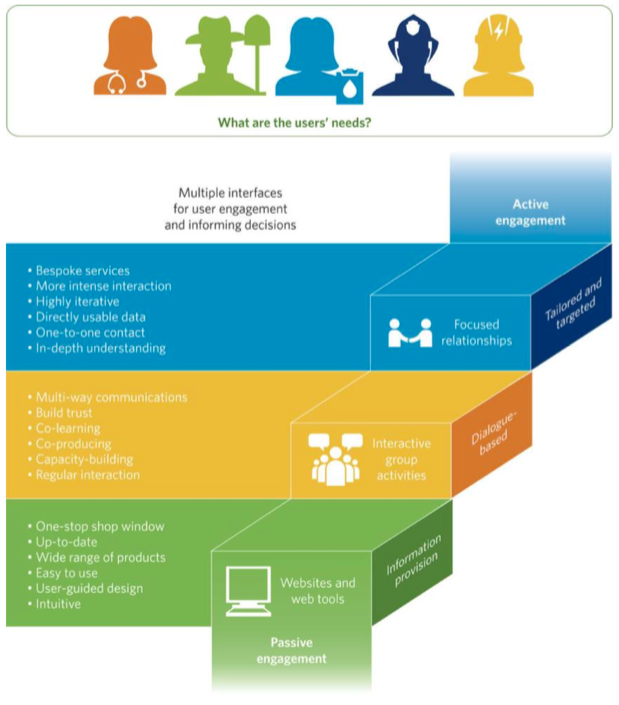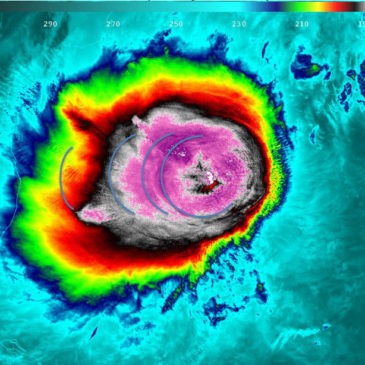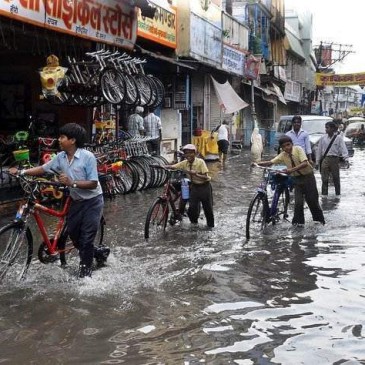KNMI

The Royal Netherlands Meteorological Institute (KNMI) is the Dutch national weather service. Primary tasks of KNMI are weather forecasting, and monitoring of weather, climate, air quality and seismic activity. KNMI is also the national research and information centre for meteorology, climate, air quality, and seismology.
Our mission
KNMI focuses on monitoring and warning for risks with an atmospheric or seismic origin. In addition, KNMI offers advice and strategy prospects for both acute and future dangers. In order to improve future advice and therefore reach risk reduction, we actively seek to learn from past events. We do this together with our environment: the general public, authorities and (weather) businesses. We continuously innovate our service and thereby create (sustainable) economic opportunities for business, while we contribute to keeping the Netherlands safe, accessible and habitable.
Our contribution to climate research and products
As a scientific institute KNMI contributes to the international climate research and contributes to the process and reports of the Intergovernmental Panel on Climate Change (IPCC). The KNMI is constantly optimizing its measuring network and refining its climate models, which run on the KNMI supercomputer. These model calculations form the basis of the KNMI climate scenarios for the Netherlands. With this, KNMI offers a unique product that can be used by policy advisors and other professionals to take the necessary decisions to guarantee safety and sustainability in the Netherlands in a changing climate. We show how the climate of the Netherlands evolves in the coming decades for a wide range of atmospheric variables.



